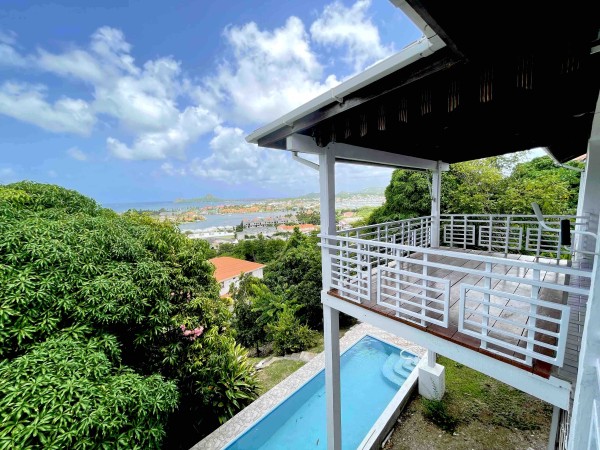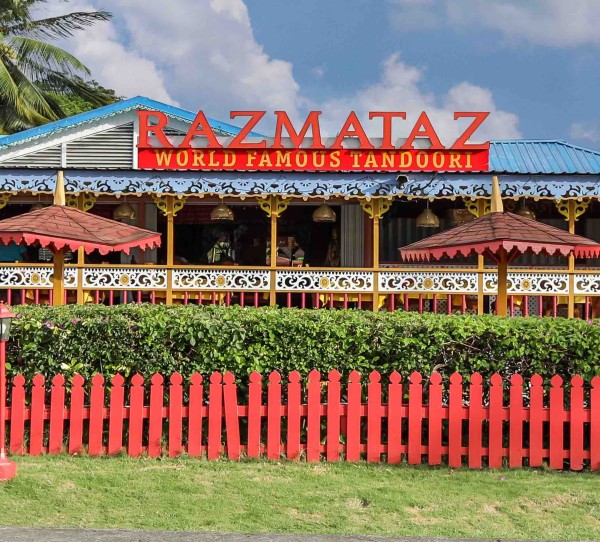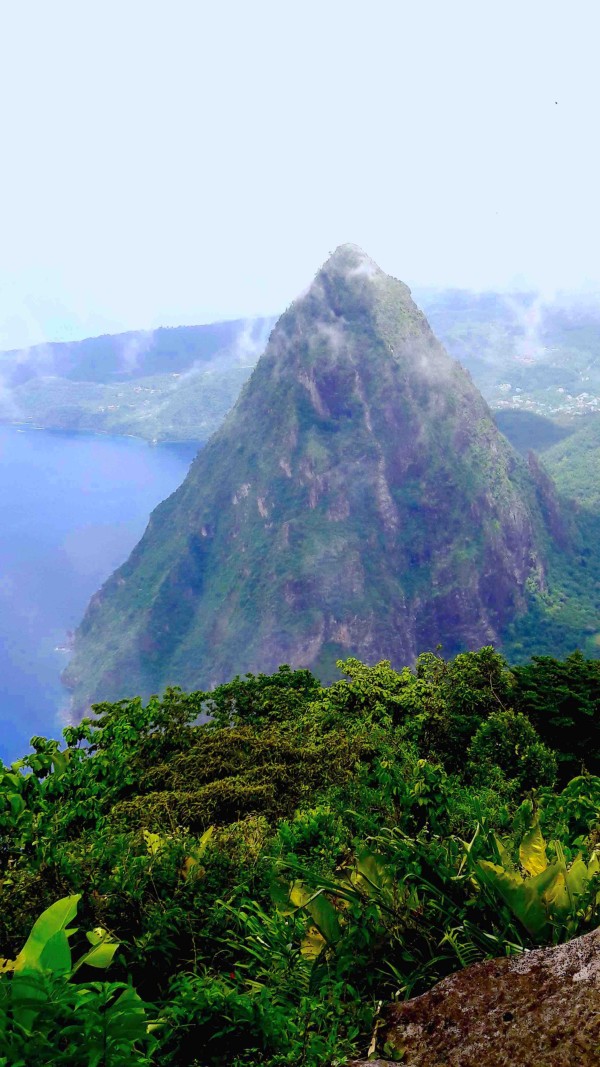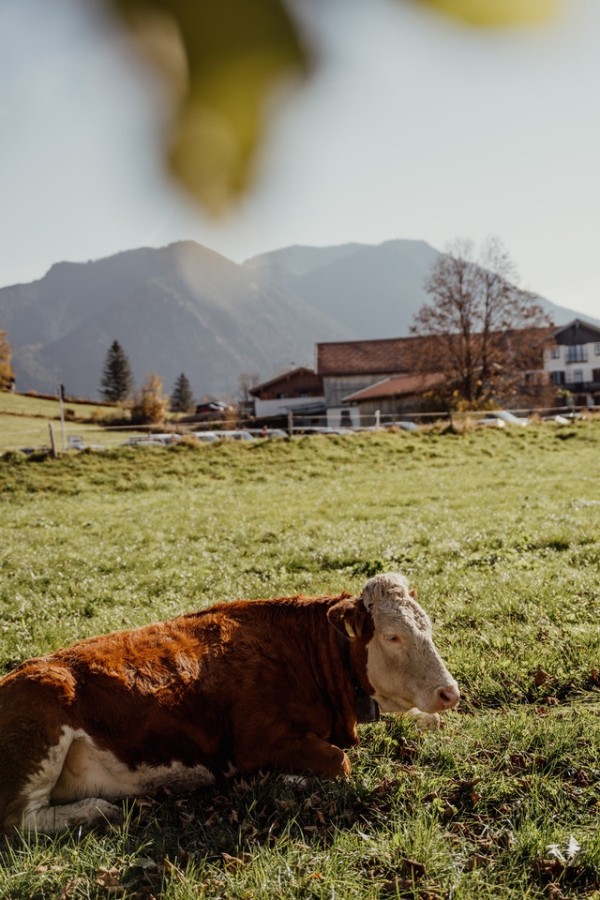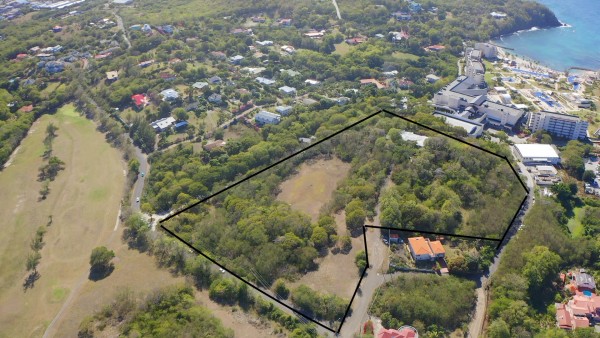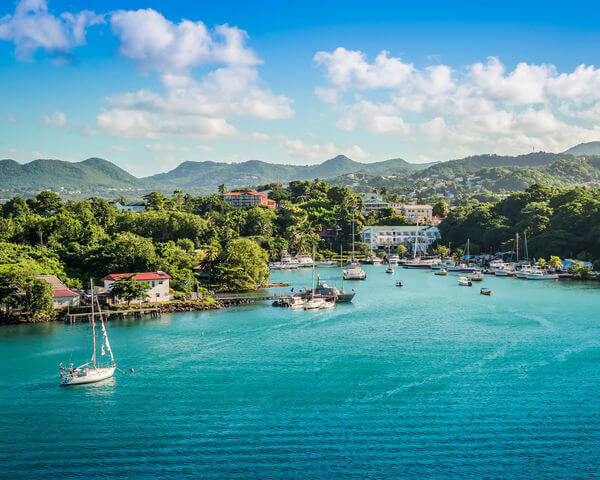
saint lucia real estate
Is St Lucia a Rich or a Poor Country?
St. Lucia is considered a middle-income country with a developing economy. While it faces some challenges related to poverty and inequality, it has made significant progress in recent years in areas such as tourism, agriculture, and financial services.
The island’s classification as middle-income is based on its Gross Domestic Product. According to the world bank the island’s GDP has grown consistently over the past 40 years. The Gross Domestic Product rose from 170 million in 1980 to its highest in 2019 of 2.09 billion. The COVID pandemic caused the first major decline in GDP, to 1.56 billion in 2020. However, that number is once again on the rise.
In 2021 the GDP per capita was above the average for the Caribbean region. With a GDP per capita of 9,414, St. Lucia is below St. Kitts (18,230), Barbados (17,303), Antigua (14,900) and Grenada (9,928). However it is above Guyana (9374), The Dominican Republic (8,603), St. Vincent (7,996) and Jamaica (4,586).
St. Lucia's economy is mixed with a variety of sectors that contribute to its GDP. The country's economy is heavily reliant on the services sector, particularly tourism. Some of the key sectors of St. Lucia's economy include:
- Tourism: St. Lucia is a popular tourist destination, known for its beaches, natural beauty, and cultural attractions. The tourism sector is a major source of foreign exchange earnings and employment in the country.
- Agriculture: Although the agriculture sector has declined in recent years, it remains an important part of the economy. Key crops include bananas, coconuts, cocoa, and citrus fruits.
- Manufacturing: St. Lucia has a small manufacturing sector that produces items such as clothing, processed foods, and beverages.
- Financial services: St. Lucia is home to a small but growing financial services industry, which includes offshore banking and insurance.
- Construction: The construction sector has been growing in recent years, driven by both public and private investment in infrastructure and real estate.
- Energy: St. Lucia has been working to diversify its energy sources and reduce its reliance on imported oil. The country is pursuing a number of renewable energy projects, including wind, geothermal and solar power.
While St. Lucia has reduced poverty in recent years, there are still significant challenges related to income inequality and access to basic services. Like many countries, the distribution of wealth and resources is uneven, and poverty remains a significant issue for some communities. According to the World Bank, in 2019, the poverty rate in Saint Lucia was around 18.7%, and the unemployment rate was around 20%.
The country has some wealthy individuals and a growing tourism industry, but it also faces challenges related to poverty, inequality, and limited economic diversification. The country's economy is vulnerable to external shocks such as natural disasters and fluctuations in global commodity prices. However, St. Lucia has made progress in areas such as education, health, and gender equality, and continues to work towards sustainable development and economic growth.



